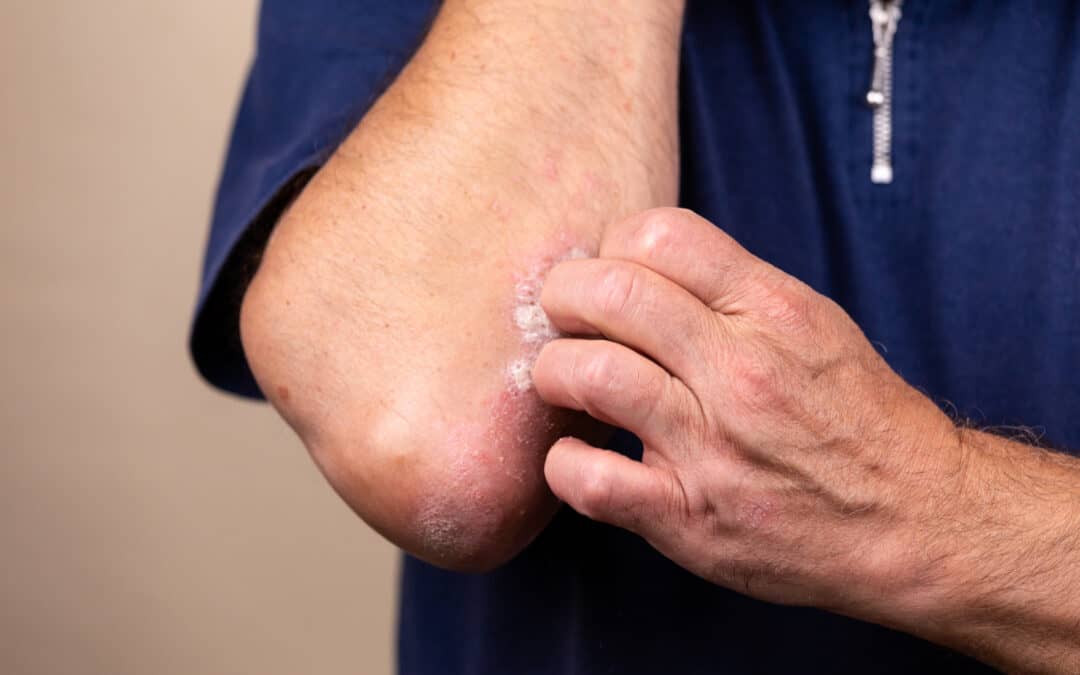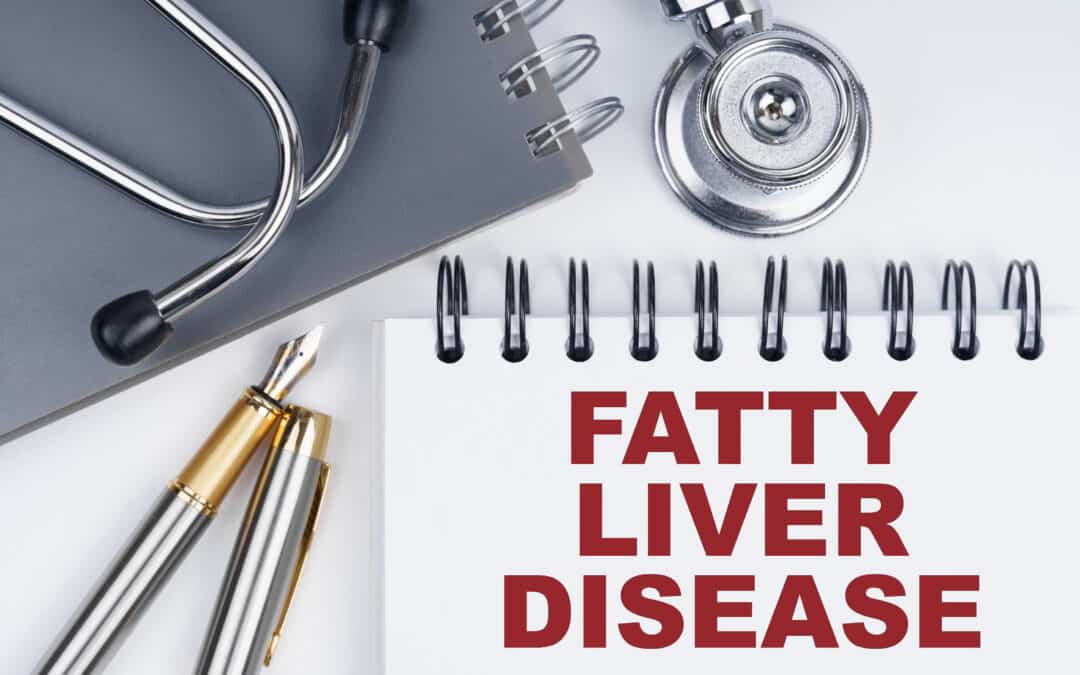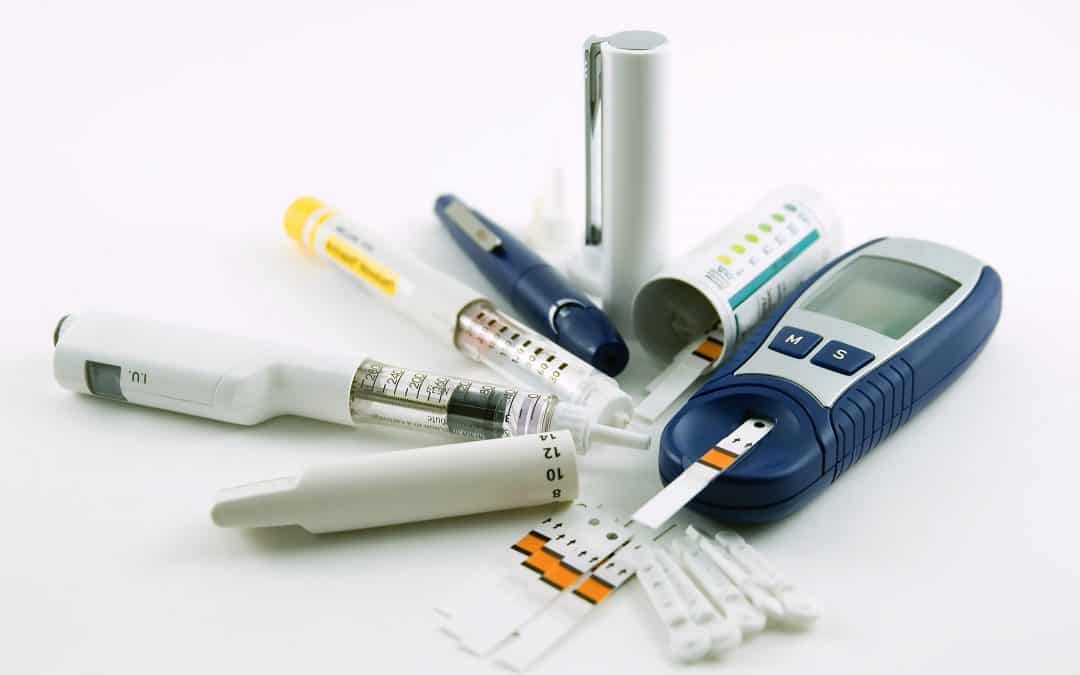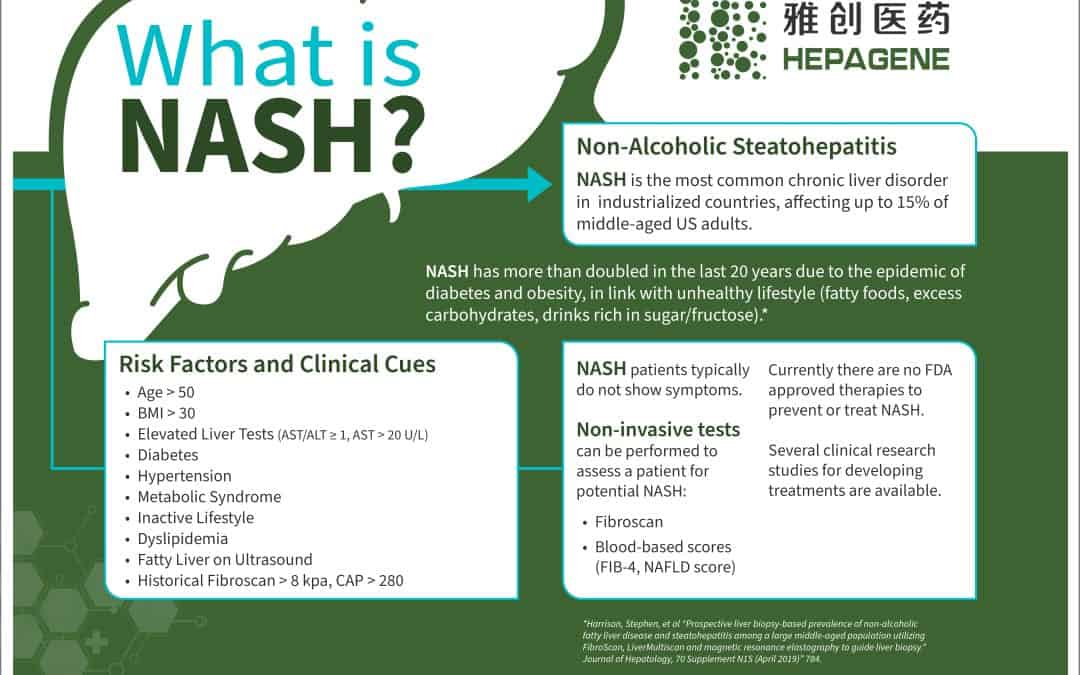
Chronic Kidney Disease and Itchy Skin
Have you been diagnosed with chronic kidney disease and moderate to severe itchy skin?
Consider a clinical research study for chronic kidney disease and itchy skin.
Researchers are testing an investigational oral medication for itchy skin in people with chronic kidney disease.
For more information, or to see if you qualify to participate in this clinical research trial, call Metabolic Research Institute Inc. (561) 802-3060, ext. 8036 or visit: metabolic-institute.com/itchy-skin




